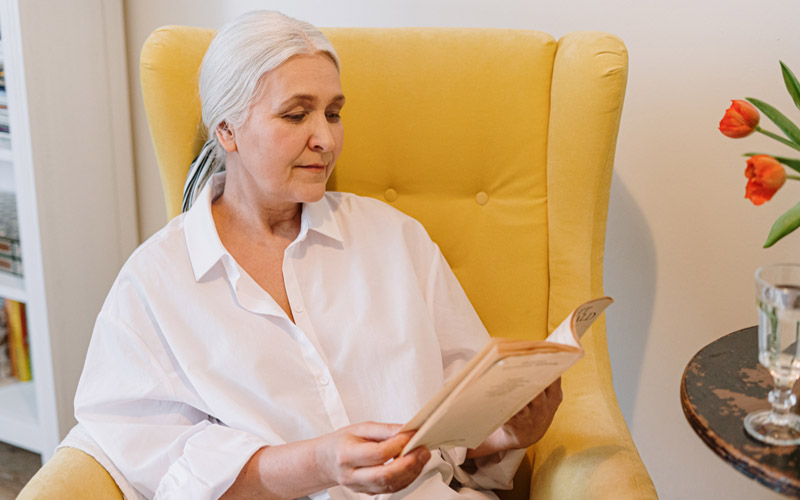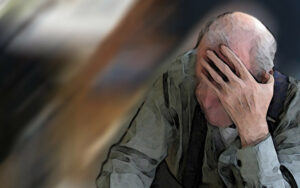A recent Harvard School of Public Health study published in The American Journal of Public Health suggests that “strong social ties, through friends, family and community groups can preserve our brain health as we age and that social isolation may be an important risk factor for cognitive decline in the elderly.” The study also indicated that those elderly engaged in many social contacts had the slowest rate of memory decline.
For elderly persons living alone, maintaining that social contact becomes extremely difficult. Remaining in one’s home always seems like a wonderful goal but it can bring unintended consequences, the most common one being isolation. The less able one is to get out and around (or drive), the more they stay at home, alone and out of touch, the fewer activities they are involved in, and the more they withdraw into themselves. This hastens decline, both physically and mentally, which keeps them home even more – a vicious downward spiral.
Using in-home care services is one way to introduce people into their daily lives, and offer the possibility of connections and relationships. Our caregivers often establish strong bonds with their clients, bonds that enrich both of their lives. Although the caregiver starts out as a support and helper for the client, it is not unusual for the relationship to evolve into one where the caregiver is learning from the life stories of the client, where they both share laughs or worries about life, where the client can offer advice and wisdom. The social contact becomes as important as the caregiving tasks that are getting completed. The hours the caregivers spends in the house bring energy, connection, the outside world. Caregivers help ward off the social isolation and the decline that comes with it.





